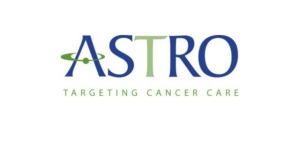by
Lauren Dubinsky, Senior Reporter | September 25, 2014
At this year's ASTRO meeting, the proton therapy companies had larger exhibition spaces and stronger presentations than in previous years, according to Leonard Arzt, executive director of the National Association for Proton Therapy.
"They seemed to be bigger, more diversified and a lot more people were involved in the presentations," said Arzt.
A few of the companies Arzt noticed in particular were Varian Medical Systems, IBA, Mevion Medical Systems, Hitachi Medical Corporation and ProNova. He noted that they focused more on the smaller and more compact proton therapy systems that they offer.



Ad Statistics
Times Displayed: 75267
Times Visited: 5317 MIT labs, experts in Multi-Vendor component level repair of: MRI Coils, RF amplifiers, Gradient Amplifiers Contrast Media Injectors. System repairs, sub-assembly repairs, component level repairs, refurbish/calibrate. info@mitlabsusa.com/+1 (305) 470-8013
"I think they're putting a heavier emphasis on the smaller, compact machines and they see a market there that is very viable," said Arzt. IBA in particular had a big demonstration for their ProteusONE system — DOTmed News
reported on it receiving FDA approval in July.
It's no secret that the conventional proton therapy systems come along with a very high price tag that some hospitals can't afford. "I think that [the compact systems] could be a game-changer and I think that they can transform the proton therapy landscape as far as more hospitals offering access to proton therapy for their radiation patients," said Arzt.
Right now there are 14 proton therapy centers operating in the U.S. with another dozen in development. Arzt thinks that the compact systems will cause the number of centers to increase, but it will take time.
"It'll take a while because they still have to be housed in some kind of a small building or put somewhere — it requires some architectural and engineering design as well," he said.

